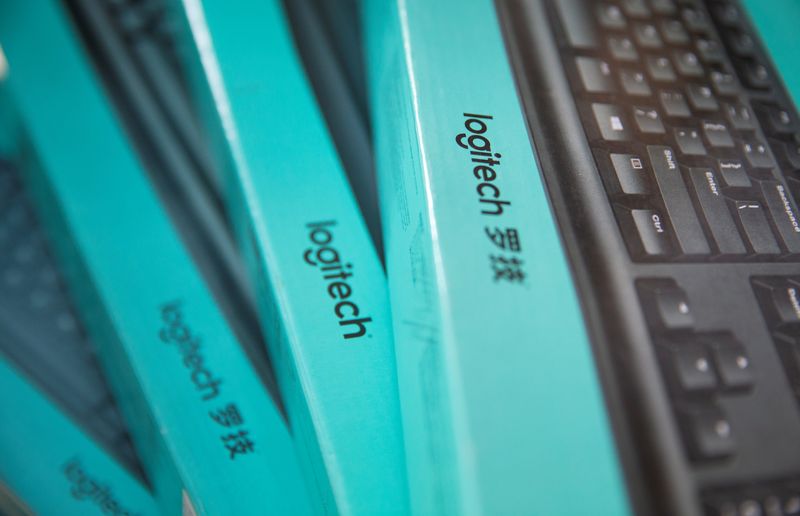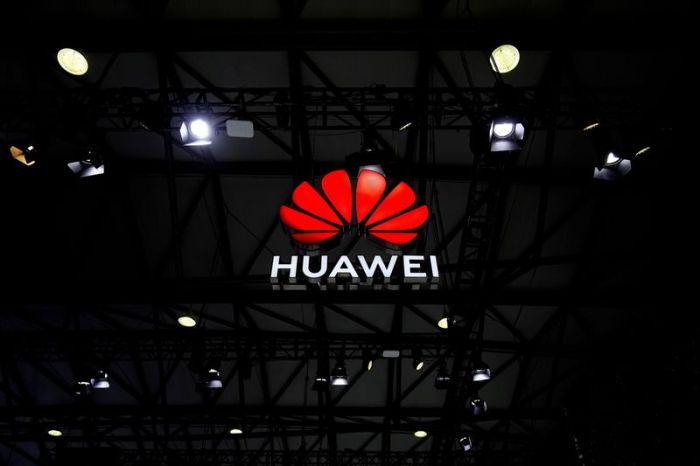By John Revill
(Reuters) -Logitech International said on Thursday it can continue to grow even after a pandemic-driven boost led to record annual results and prompted the computer peripherals maker to quardruple its share buyback
The maker of keyboards, mice, headsets and webcams posted a 76% rise in annual sales to $5.25 billion as consumers bought its products to work and play at home during the COVID-19 crisis. Non-GAAP operating income surged 229%.
The U.S.-Swiss company raised its profit outlook again after four increases during its business year, said it would expand its current share buyback programme from $250 million to $1 billion, and proposed increasing its dividend by 10%.
The expanded share buyback was based on the company’s strong performance in the year to March 31, which Chief Executive Bracken Darrell believes can be maintained after the pandemic, and would not hinder the tech company’s ability to make big acquisitions.
“We have plenty of financial capacity to do small, medium or large acquisitions,” he told Reuters, adding that the company had considered around 200 potential deals over the last 12 months.
The executive, who has led Logitech since 2013, said a strong end to the financial year meant the company could retain its sales guidance for the current 12 months, while increasing the profit outlook.
During the first three months of this year, the company’s fourth financial quarter, sales rose 117% to $1.54 billion from the year earlier period while non-GAAP operating income rose 312% to $325.1 million.
Logitech expects sales for its 2022 business year, which began on April 1, to be roughly in line with the year just ended – up to 5% higher or lower. It also revised up its forecast for full-year non GAAP operating income to $800-850 million from $750-800 million.
The global computer chip shortage has affected only a few products so far, it said.
Darrell said long-term trends like the growing popularity of video calls, esports, and the creation and streaming of content would sustain demand for keyboards, headsets and webcams, while people would also continue to work from home as well as the office.
He said the stronger-than-expected end to the year “boded well” for the future.
“These trends drove us before the pandemic, right into this pandemic with super high growth, and will drive long-term growth afterwards,” he said.
(Reporting by Anirudh Saligrama in Bengaluru and John Revill in Zurich; Editing by Krishna Chandra Eluri)

























